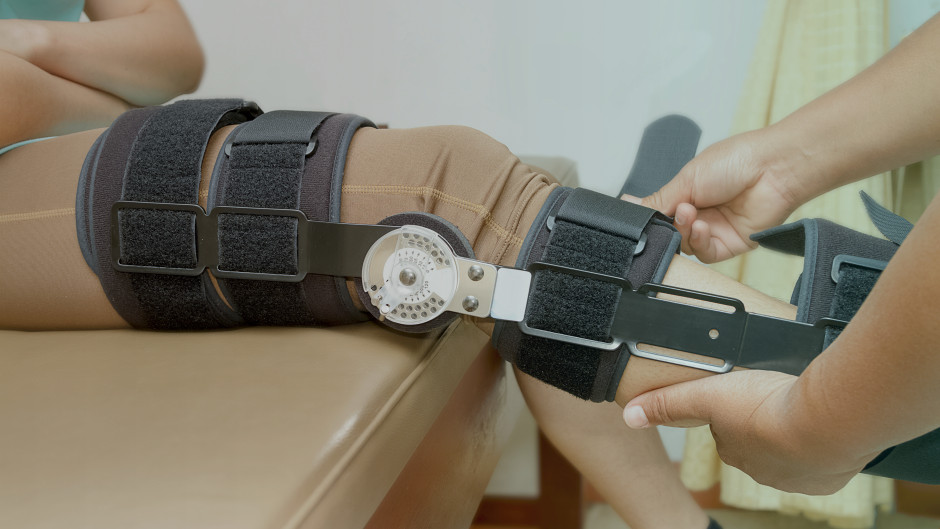PATIENT EDUCATION: AN INTEGRAL PART OF PHYSIOTHERAPY
A huge part of what we do as a physiotherapist is education which involves teaching people how to do an exercise or talking about medication or educating them about their condition or pain. But how many of us were trained as a teacher or have gone through teacher training? The truth is very few of us have had any training related to teaching or education, which is a really complex huge part of what we do. We do it every day with every patient. This is called the Assumption dilemma.
If you want to learn more about this topic, you can watch Mike Stewart's lecture here:
Judy Foreman, an American health journalist, spent four years interviewing over 400 clinicians, researchers and people living with pain. And this was her stark conclusion that “There is an appalling mismatch between what people in pain need and what healthcare professionals know” and it often leads to a situation where we feel a bit uncertain, like a rabbit in the headlights. When we are confronted with difficult or challenging patients with whom we don’t understand what to do or how to help them.


This appalling mismatch that Foreman speaks about, can be seen here in the study from Briggs, Carr and Whitaker in 2011. They found that less than 1% of all of those hours that we spend learning how to become a physiotherapist is spent learning how to teach. Although rest of the subjects we learn during graduation are important, maybe it's more important to learn how to guide people, what to do when they get stuck. What is the educational process? How do people learn best? and what are their styles of learning? Often in healthcare, we know the research shows that patients are often left and cast as a passive recipient of our information. Patient education is often paternalistic, we tell the patients what to do. It should ideally be an active and constructive process.


Often without teaching skills, the way that we educate patients is we pour things in. That is not facilitation. As Daloz says, “Like guides, we walk at times ahead of our students,” (in this case patients) “at times we walk besides them, and at times we follow their lead. In sensing where to walk lies our art.” The art of effective education and communication is knowing whether you're ahead of somebody or whether you're supporting them or whether you're behind them, whether you're letting them take control, whether you're letting them take the lead. So, it's that dynamic balance between how much you challenge and how much you support.
Types of decision making
There are different types of decision making here. There is the paternalistic clinician who will provide opinions one way to the patient i.e Let me tell you what I think you need to do.
There is the informative patient, which again, is just one way, didactic.
What the sharing clinician will do is realize that it takes two to tango. And opinions and information will now flow both ways because, of course, in truth, your patient will know themselves far better than you ever will. As Socrates once fabulously said, “to find yourself, think for yourself. “Patients will often say, well, you're the expert. When it is actually, they themselves who are an better expert to themselves. Patients will know themselves far better than any therapist will ever know. It really does take two to tango. And what healthcare professionals should learn to develop is that shared understanding, that shared decision making.
We have a lot of different delivery methods for patient education and there is evidence showing that there's no perfect delivery method for education. It's about choosing the right method for the right person.

If you want to learn more about this topic, you can watch Mike Stewart's lecture here:
SOURCES:
1. ‘An introductory guide for developing your patient education skills’ lecture by Mike Stewart



